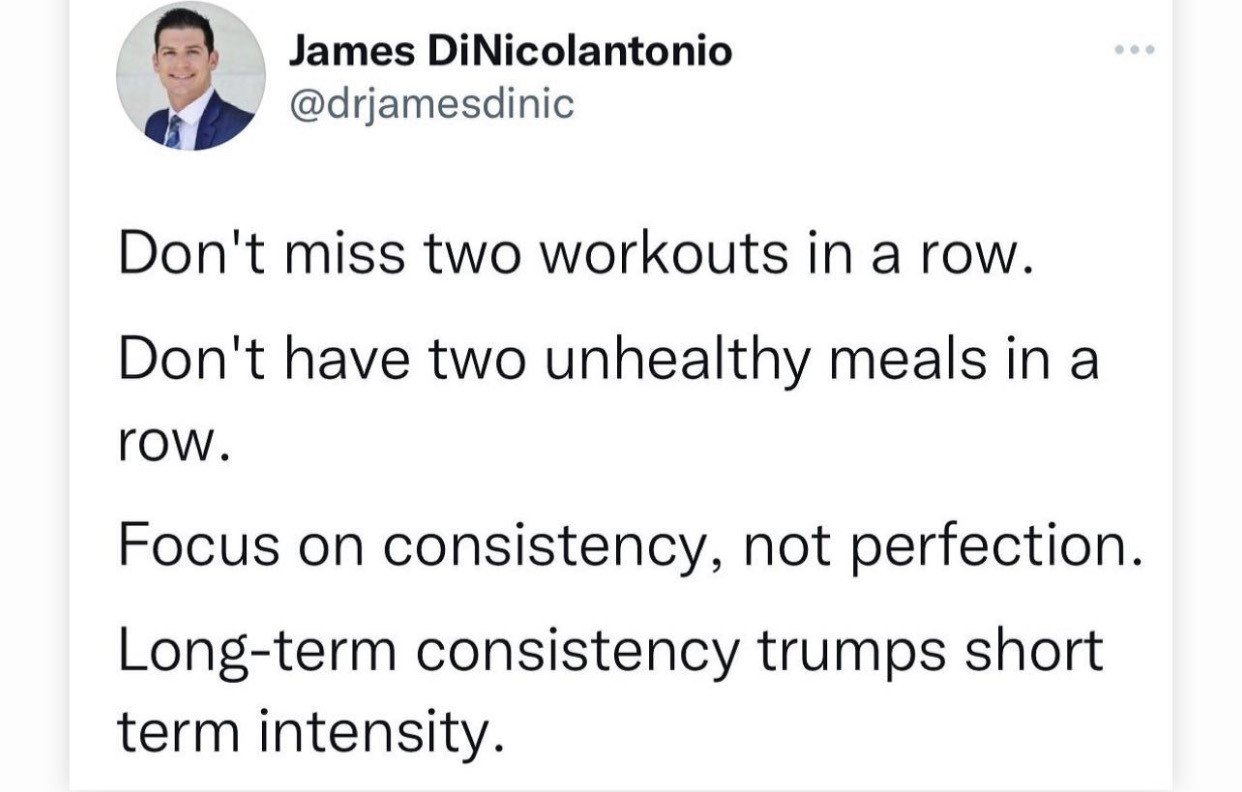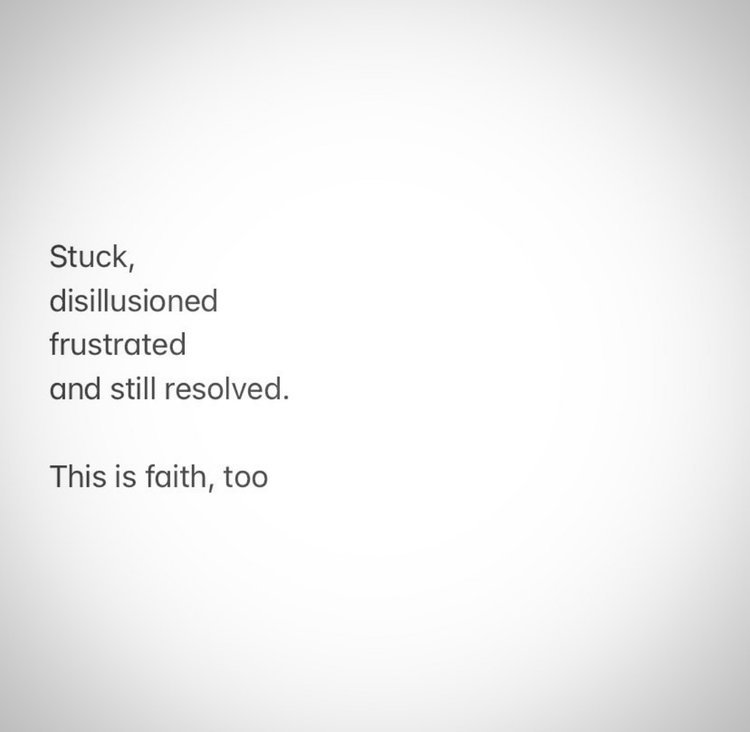April was a great month for morning fires with my Campfire Buddy!
I turned 39! Thanks to those who reached out. It always means a lot.
Here are a few favorites from the month!
Podcast:
The Power of Regret, with Dan Pink.
“Regrets,” Scott Erickson writes in “Say Yes: Discovering the Surprising Life Beyond the Death of a Dream, “are defined as a sense of loss, a disappointment in some kind of action or lack of action. The reason regrets are so poignant is that they point to our deepest longings - the path of desire that has been put in us to walk, the path we stopped walking because of fear, disappointment, unworthiness, or brokenheartedness.”
This podcast unpackages a great deal of how regret shapes our lives and impacts our decisions.
And after his World Regret Survey (19,000 responses over 109 countries), Daniel Pink found that there are four core things people all over the world regret, over and over again:
Foundation Regrets: If only I’d done the work - small decisions made early that accumulated into bigger consequences later, such as spending too much and saving too little.
Boldness Regrets: If only I’d taken the chance on asking that person out, started that new business, spoke up instead of staying silent, and travelled more.
Moral Regrets: If only I’d done the right thing.
Connection Regrets: If only I’d reached out to old friends and families who have drifted apart over the years, because of a disagreement or strife, and nothing was done to repair them.
Quote:
“Just as fire blows out candles, good deeds for the benefit of others destroy a selfish life.”
Book:
One of my favorites from the month, from April 23rd, reads, “Every great thing is done in a quiet, humble, simple way; to plow the land, to build houses, to breed cattle, even to think - you cannot do such things when there are thunder and lightning around you. Great and true things are always simple and humble.”
I love that.
Shows:
Just started Under the Banner of Heaven. I read the book years ago and was nervous about the show. As of episode 1, it seems to be a pretty fantastic, albeit difficult watch.
Audio Book:
Empire of Pain: The Secret History of the Sackler Family
”The book examines the history of the Sackler family, including the founding of Purdue Pharma, their role in the marketing of pharmaceuticals, and the family's central role in the opioid epidemic” (via).
Terrifying, gripping, and deeply concerning. How can humans do such a thing? And how can big pharma and government agencies allow them to?
Story:
This one came to my from my friend Kevin Manno and his podcast, First Thing. In it he references Tuskegee Airman Victor W. Butler - the last surviving airman from the infamous Red Tails - and that he is turning 100 on May 21st! And all all he wants for his birthday are cards. He has also promised to read them all!
So my staff and I and the entire school of Chief Joseph Elementary will be sending him some. And I just love it.
Kevin even gave me a little shout-out on the following episode and my daughter’s face, as she heard him say my name, was pretty great - thanks Kevin! Keep doing great things, old friend.
If you would like weekly emails of Friday Thoughts, occasional posts of things that inspire me, and other such things, PLEASE BE SURE TO SCROLL DOWN AND SUBSCRIBE - THANKS FOR READING!
#doGREATthings
Give. Relate. Explore. Analyze. Try.
For more on . . .
-n- Stuff : Favorite Podcasts : Favorite Books























